(April 4, 2022) Growing up in scenic Bandipora on the northern banks of Wular lake in Kashmir, Faisal Ali Dar spent most of his childhood assisting his father, a radio and television mechanic, with installing TV dishes in the locality. A quick learner, the Indian sports coach would even set out alone for the job after school hours, earning ₹50 for each dish installed. On days when there was less work, he would head to the nearby apple orchards. Ferrying each apple box to the truck would fetch him ₹2. After working for hours at a stretch, Faisal would return home with a few hundred rupees.
Once a month, he would get his pocket money, bringing a smile to his face. Unlike other children his age, Faisal would carefully spend the money on buying sports accessories and renting out Bruce Lee or Jackie Chan movies, from which he would imitate the scenes before his friends.
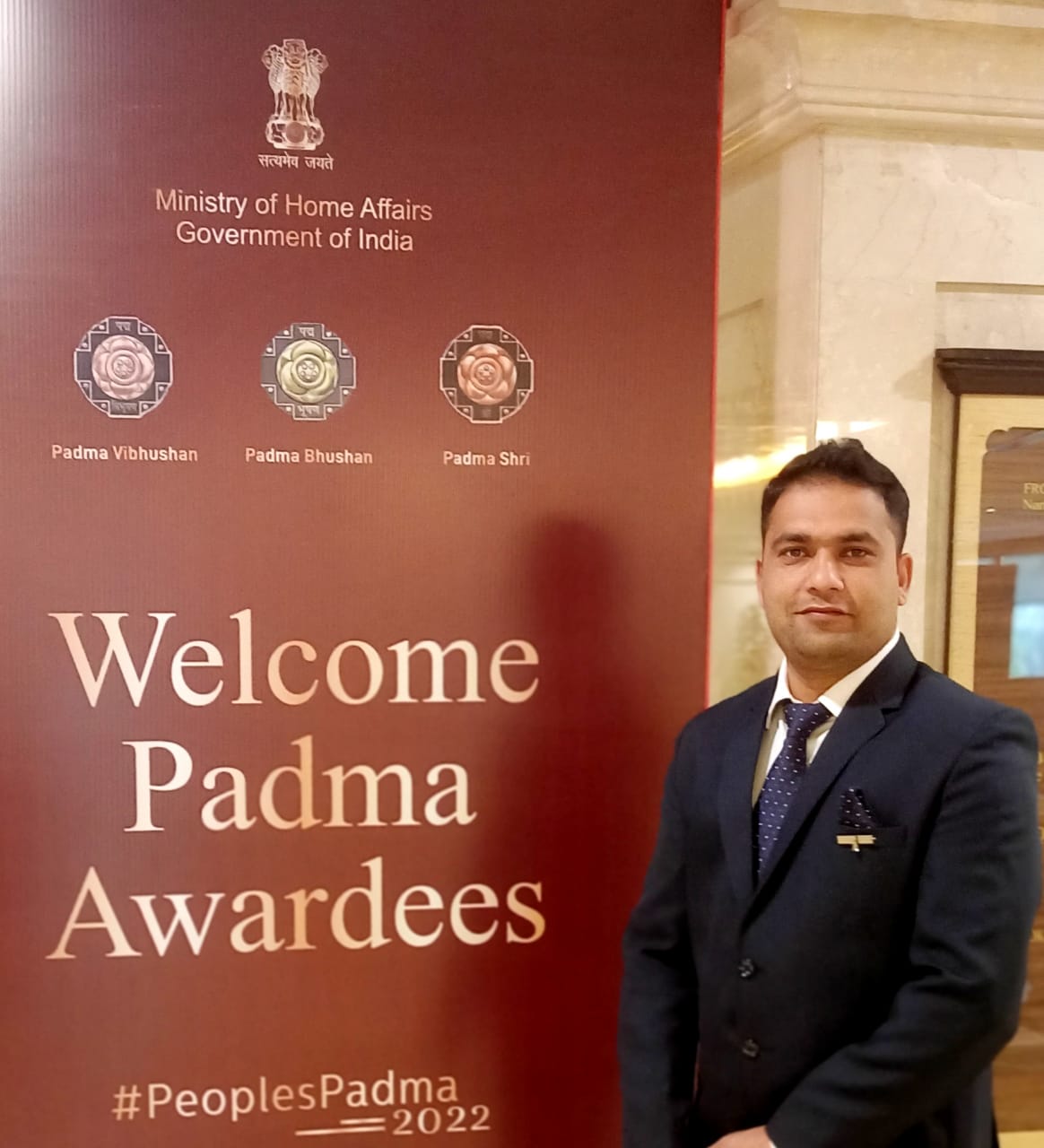
Faisal Ali Dar
For decades, Bandipora is known to have produced hundreds of scholars and intellectuals. Now, it is a sportsman in the form of Faisal Ali Dar who is making both Jammu and Kashmir, and India proud.
“I remember buying punching pads, sports shoes and other sports accessories from my pocket money. It was a tough life but we were a content family. Everyone at home worked really hard and that is a quality which helped me throughout my life,” smiles Faisal, the first person from J&K to receive the Padma Shri award in sports, speaking exclusively to Global Indian.
The national kickboxing coach was recently conferred with the national award for his contribution in promoting sports through martial arts and his work keeping the youth away from drugs — both of which have been a herculean task. “All of us face hurdles in life and each one embarks on a different journey. Staying focussed on your goals, hard work and determination can do wonders,” says the 33-year-old sportsperson, who runs 17 centres across the valley offering training in 18 sports including taekwondo, wushu, volleyball, table tennis among others. He started the Ali Sports Academy in 2003 but there was hardly any infrastructure back then.
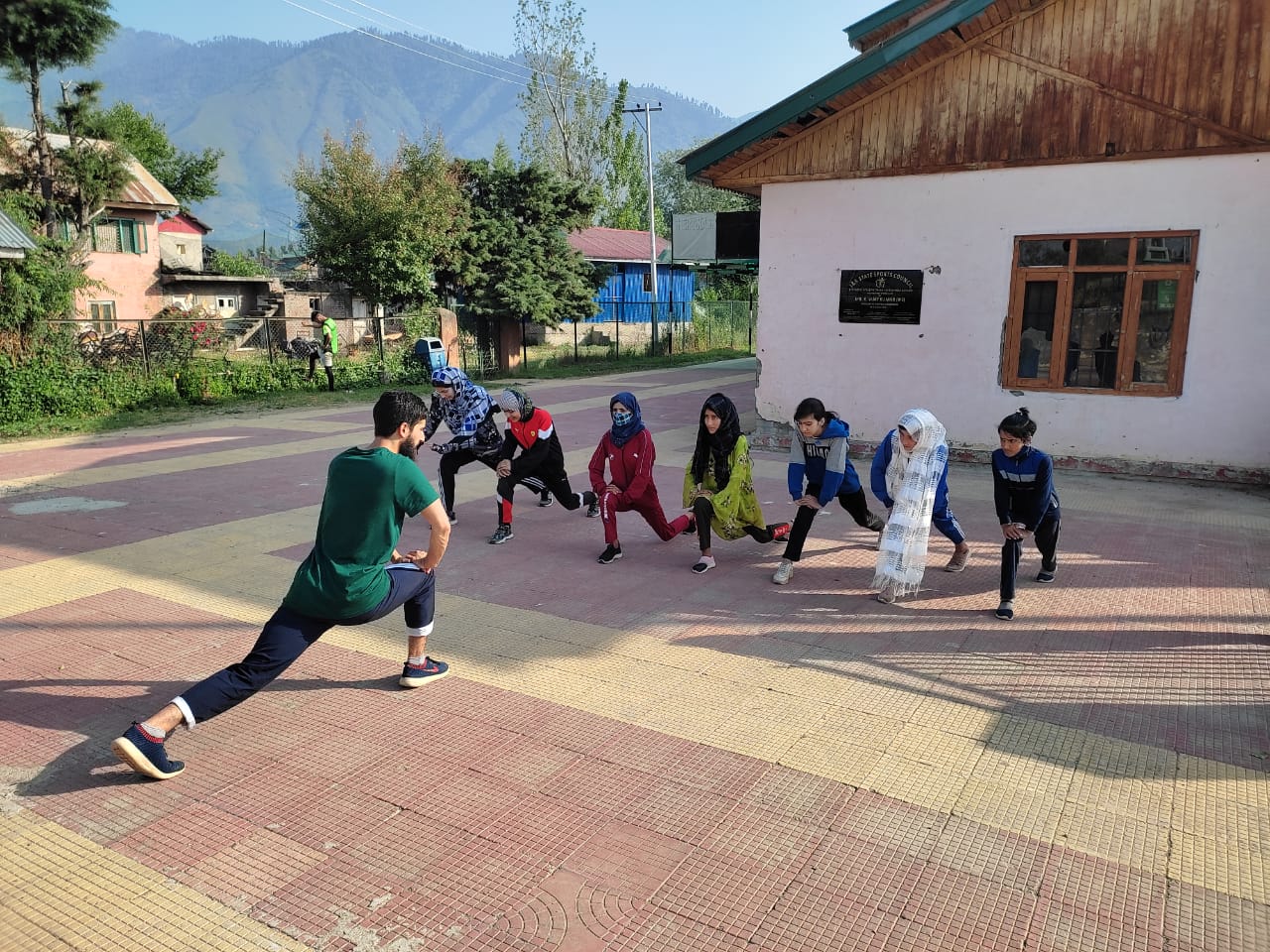
Faisal training young girls
Rough start
Watching martial arts films, Faisal took an instant liking to wushu. Soon, national coach and Dronacharya awardee Kuldeep Handoo took him under his wings and trained him in wushu. But unluckily for Faisal, his career in wushu didn’t take off as planned. He participated in the nationals but failed to win any medal. The determined youngster then switched to kickboxing and had a flying start by winning gold at the Asian Championship in 2010. But with sports hardly receiving any recognition in the valley, his short career ended in 2013 after which he began focusing on his academy, which led to the enrolment of about 150 people.
“In 2008, I missed my black belt exam as I could not afford the fee of ₹6,700. Even winning the medal brought me no recognition,” informs Faisal, who decided to channelise his time and energy in creating a “sporting culture” in the valley. Calling the initial phase “a struggle”, he adds, “That was a time when parents were not interested in sports, forget making it a career option. People looked at sports as fun and entertainment. They did not look at the professional side of sporting activities.”
That mindset, he says, has changed drastically over the years. “Parents now come in large numbers to enroll their children in the academy. The youngsters are putting in hard work and aiming big so as to make a career out of it. It’s a great beginning where parents, youngsters and teachers are doing their bit in promoting sports in J & K,” says the sportsperson, whose centres at Anantnag, Pulwama, Shopian, Baramulla, Ganderbal and Srinagar, besides Bandipora, are teeming with sporting activity.
Mentoring future leaders
Presently 14,000 youngsters are being trained across his centres. In martial arts alone, there are 3,600 players of which 16 played international championships and won four gold medals, five silver medals and three bronze medals. They train for three hours every day.
“As a child, I had to travel far to get coaching from Kuldeep Handoo sir. I did not want that to happen to the youngsters in the valley and decided to start the academy. Since not all would be inclined towards martial arts, I slowly introduced other sports,” informs the sportsperson, who charges ₹50 per trainee per year.
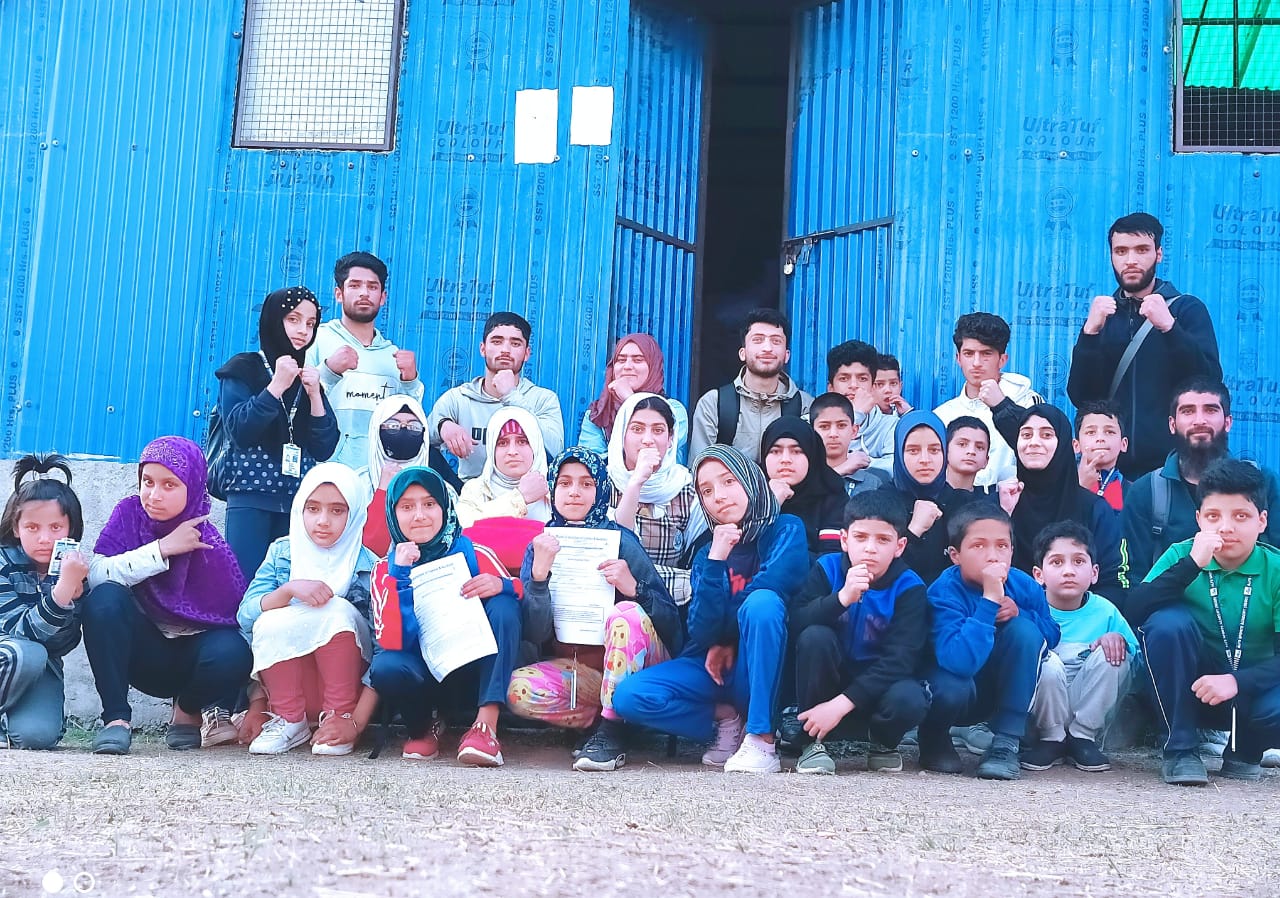
About 14,000 youngsters are being trained his centres in Jammu and Kashmir
But getting the girls to train in the academy was a challenge for Faisal. “I wanted the girls to learn self-defense techniques. I met their parents and convinced them to make their daughters join the academy. Many did and have made a mark for themselves,” smiles Faisal. Some of his star trainees include Tajamul Islam who made the country proud by winning the gold medal in the under-14 world kickboxing championship, Abida Akhtar, who won the 2017 Malaysia Wushu international championship, Hashim Mansoor, junior Asian karate champion and Sheikh Adnan, international taekwondo medallist.
While promoting sports was his main goal, Faisal was also disturbed over the rising drug addiction in the valley. “I came across youngsters who were doing drugs. I started organising workshops against drugs, met the family members of the addicts and tried to rehabilitate them by getting them into sports,” says Faisal, who has so far rehabilitated about 45 youngsters.
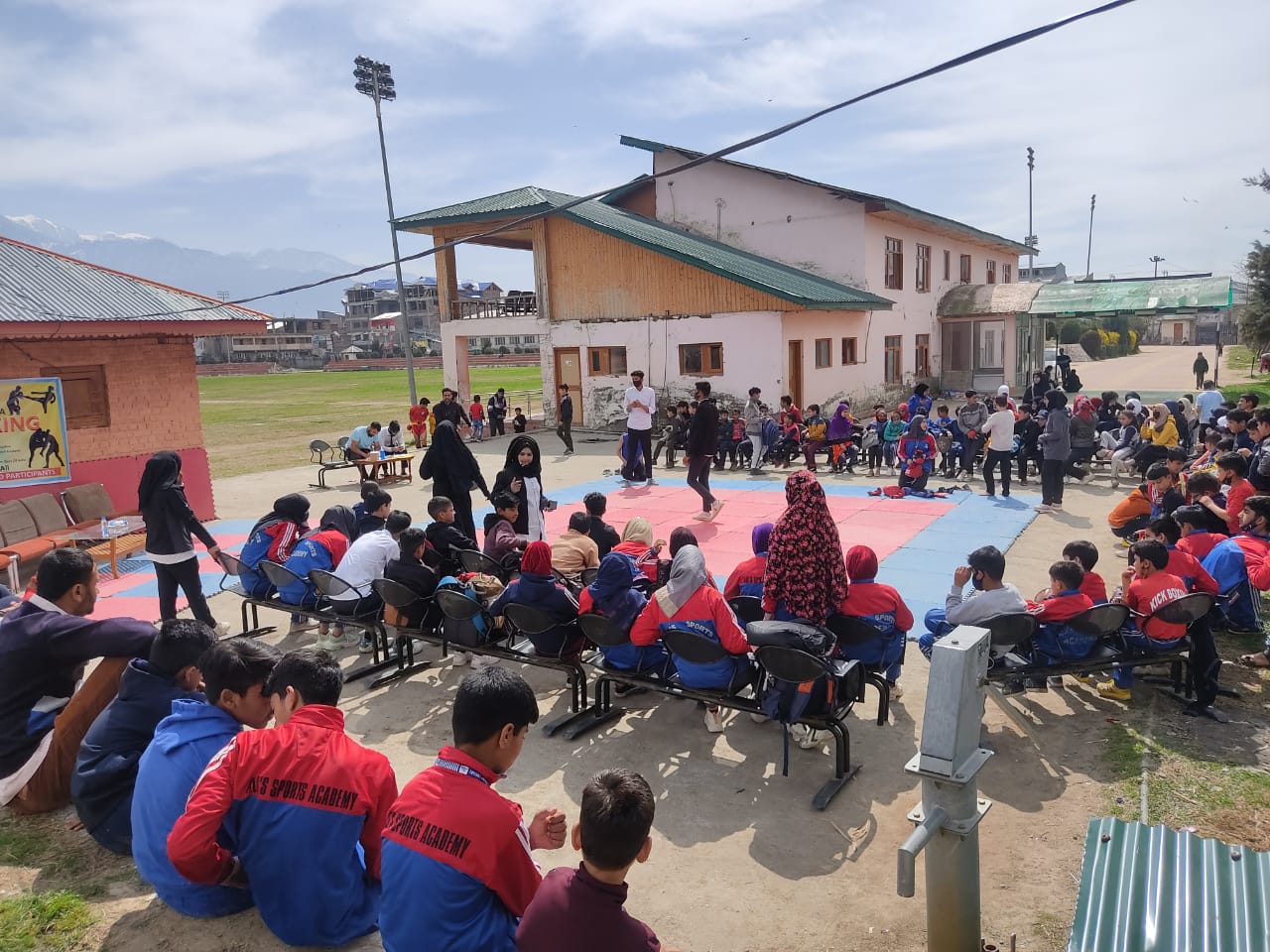
Faisal during an event at his sports academy
Long way to go
Faisal has no plans to stop. “I want to open more branches across the country. Besides, I want to start rehabilitation centres wherever necessary to help youth deal with drug addiction. Importantly, I want more of my trainees to win medals in world championships in the future,” says the sportsperson, who along with his team is planning to have more anti-drug campaigns, counselling sessions for sports as a career, and make the youth and country fitter. says the compound arts degree graduate from the University of Kashmir.
Kuldeep Handoo has been an inspiration for Faisal who taught him “how to rise up in life and work hard in achieving our goals.” He adds, “I want to inculcate these qualities in the youth,” smiles the sportsperson, who would spend hours imitating Bruce Lee’s moves from the Game of Death and Enter the Dragon along with Jackie Chan’s Drunken Master as a youngster.
An avid trekker, who has undertaken several expeditions in Kashmir valley, including Gurez Razdaan, Gangabal, and Kangan mountains, Faisal loves to cook or listen to classical ghazals and Bollywood music to unwind. “Whenever I get time, I also like to indulge in water sports like dragon boat swimming,” the sports coach concludes.

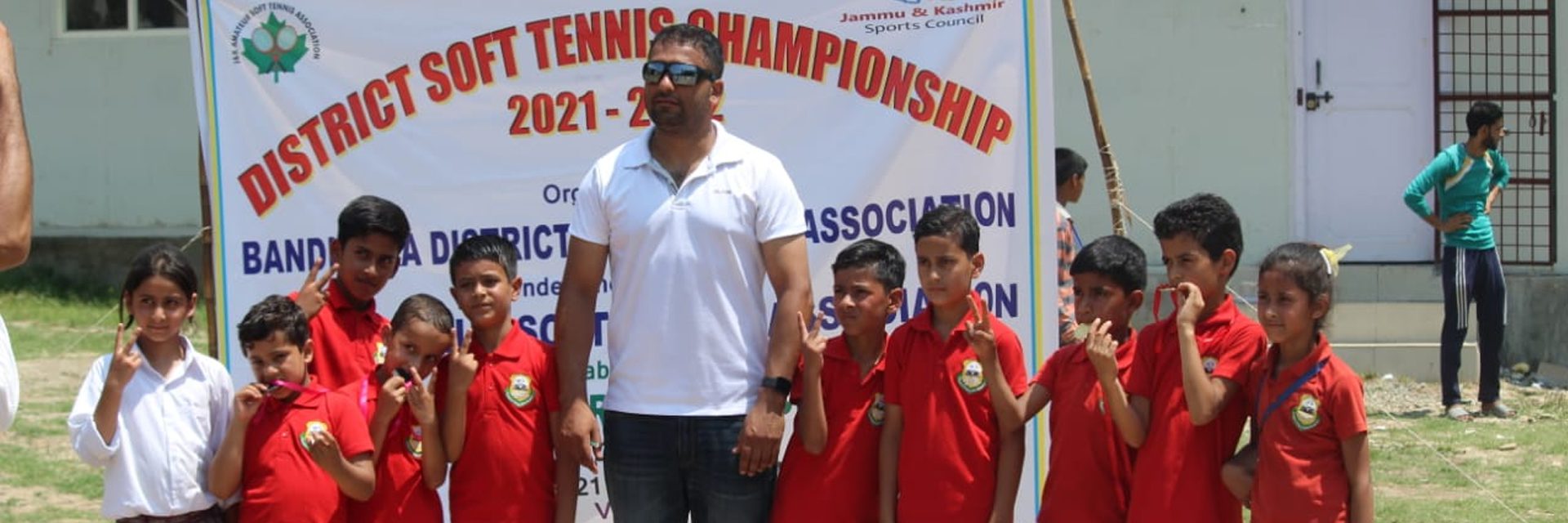

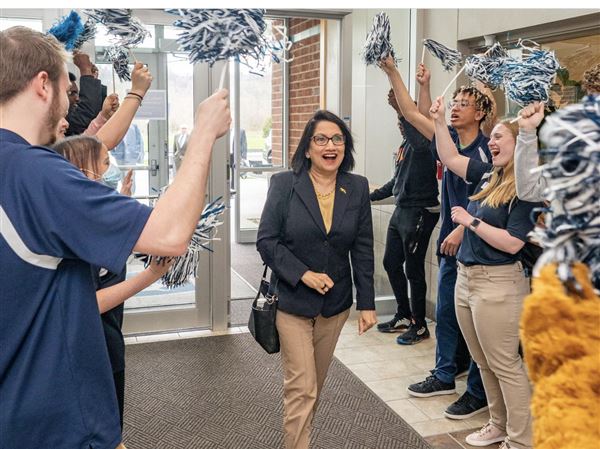
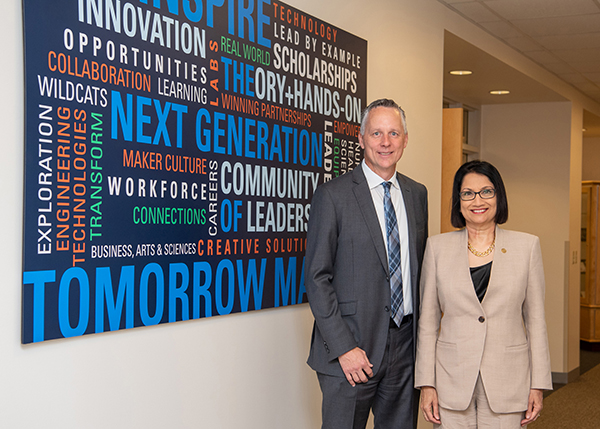
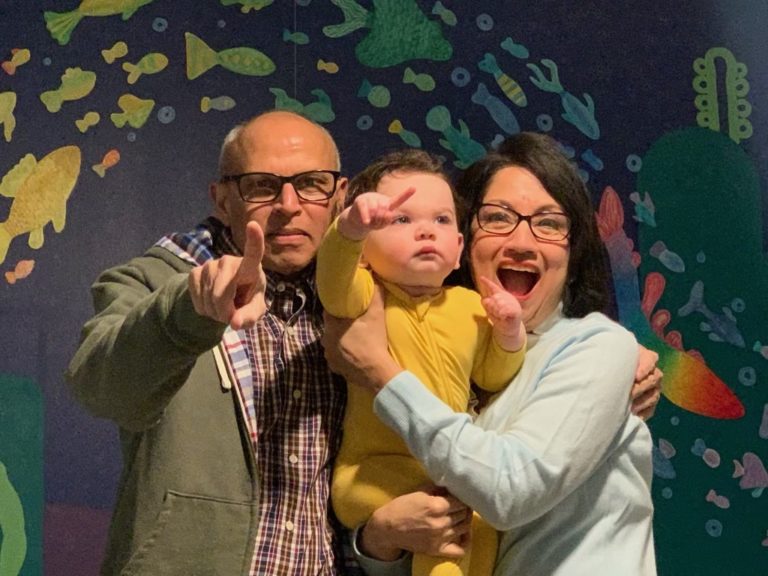 President Neeli Bendapudi and her husband, Venkat, with their 14-month-old grandson, Arjun[/caption]
President Neeli Bendapudi and her husband, Venkat, with their 14-month-old grandson, Arjun[/caption]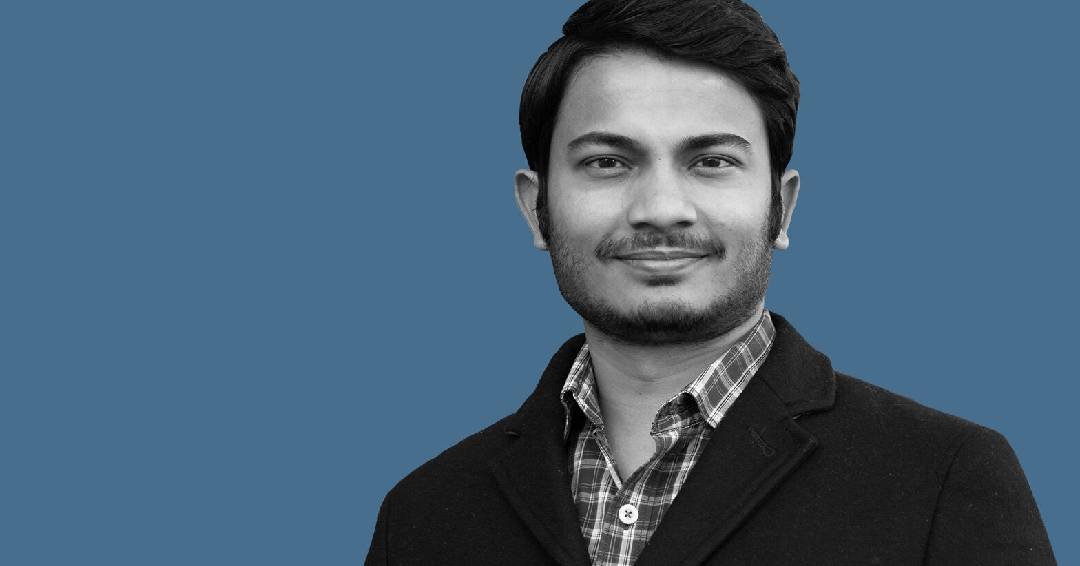
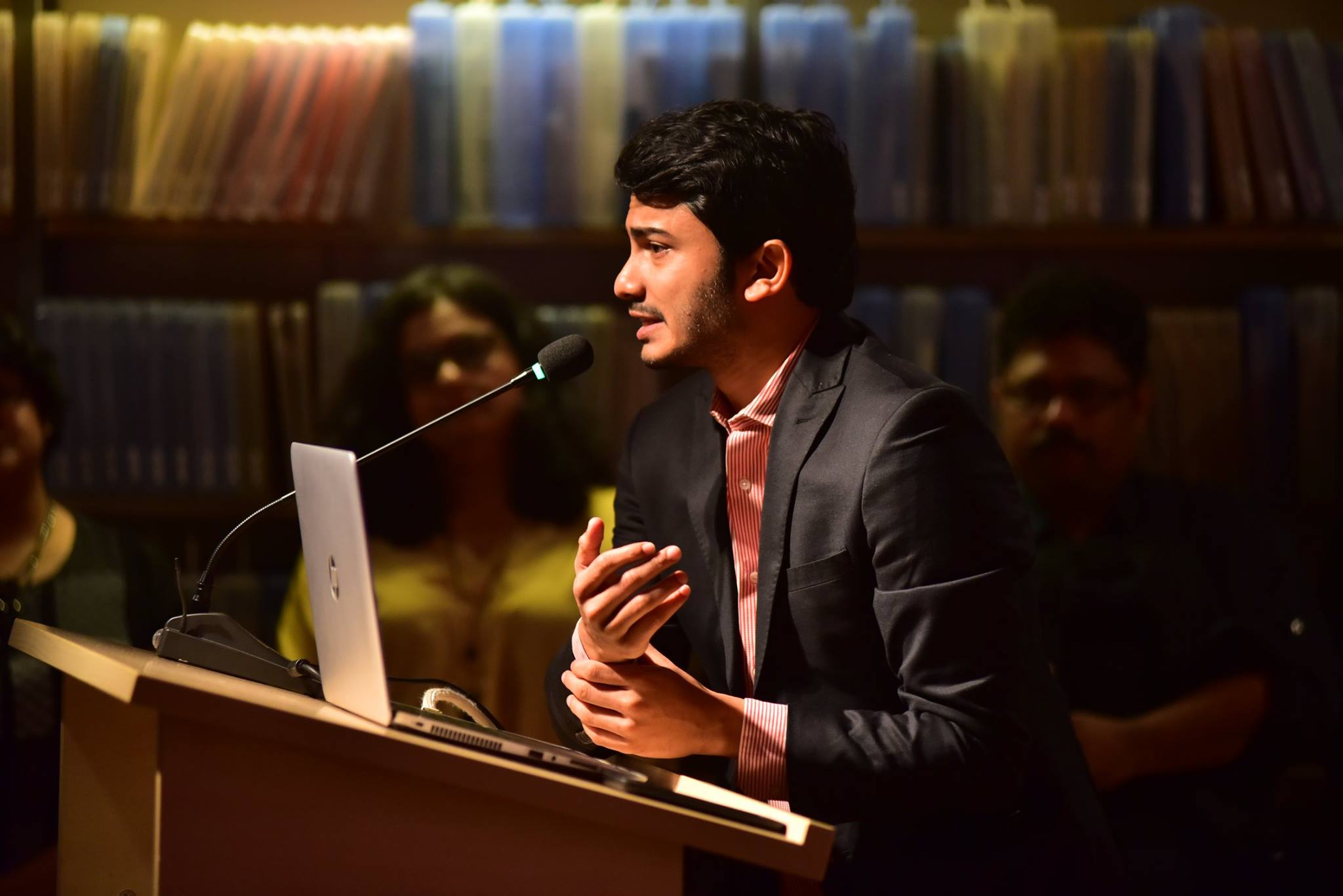 Chinmay Tumbe at a Godrej Talk[/caption]
Chinmay Tumbe at a Godrej Talk[/caption]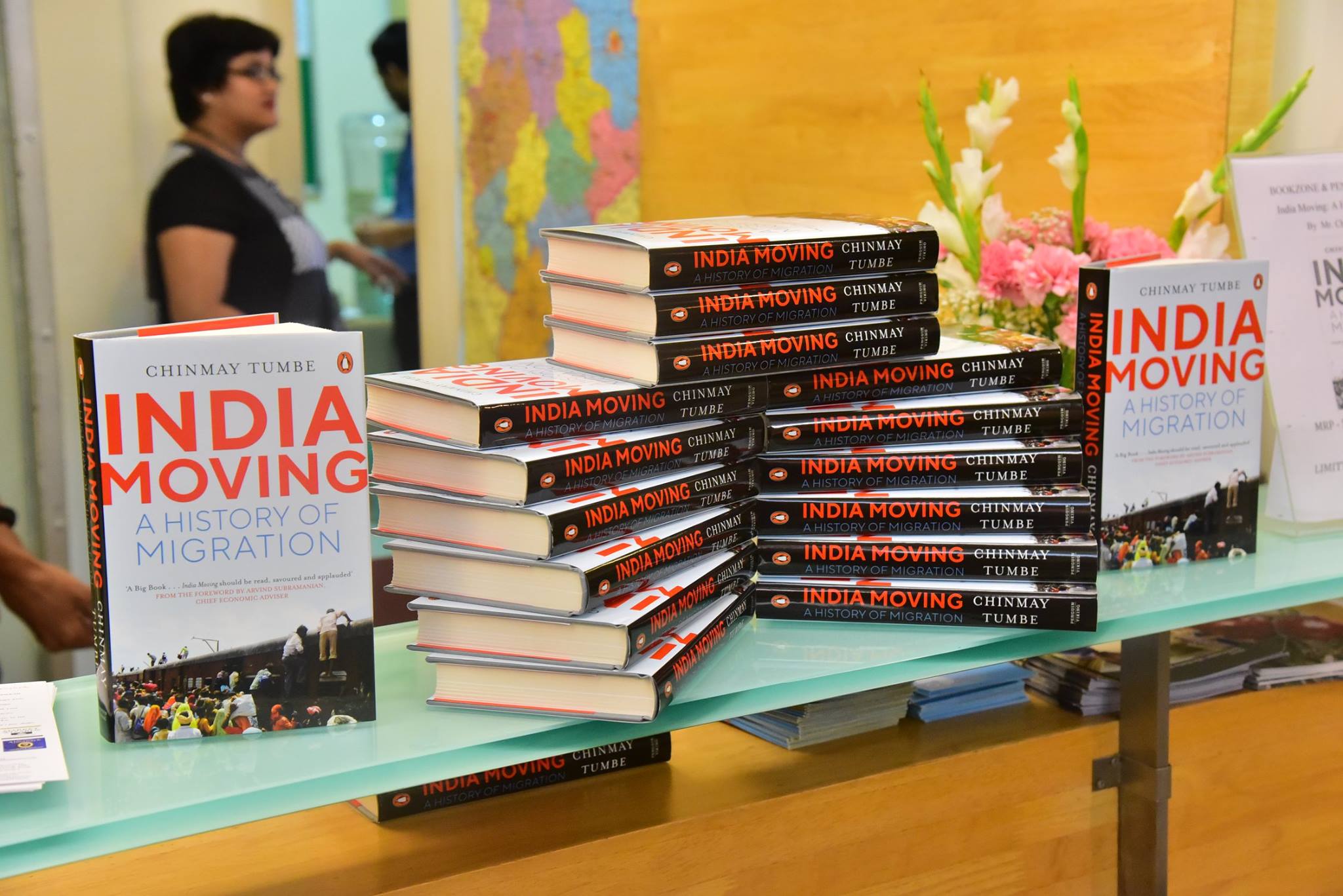 Chinmay Tumbe's first book[/caption]
Chinmay Tumbe's first book[/caption]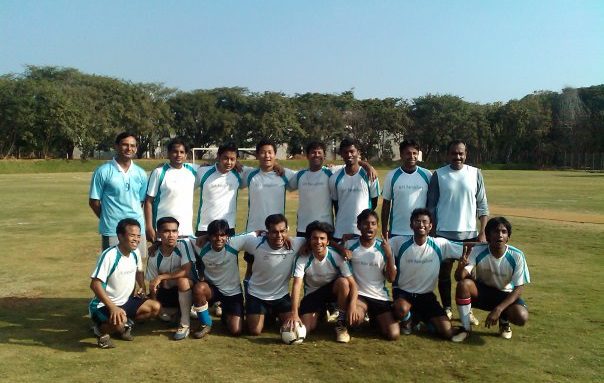 Chinmay Tumbe after a football match[/caption]
Chinmay Tumbe after a football match[/caption]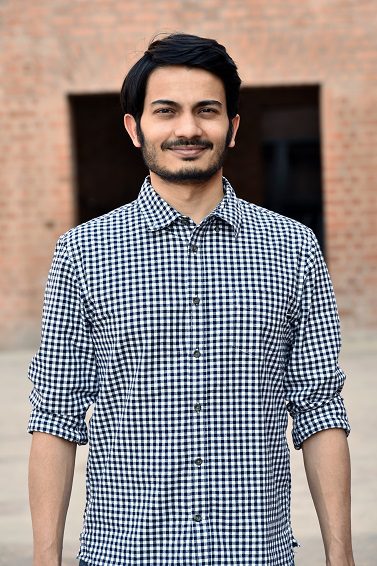 Chinmay Tumbe[/caption]
Chinmay Tumbe[/caption]
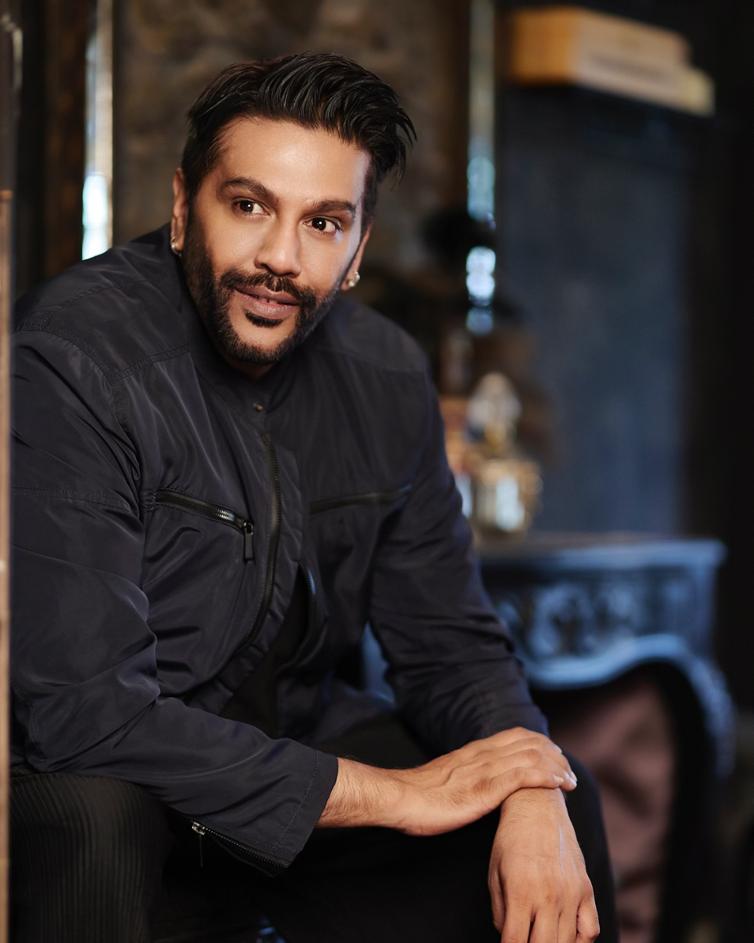 Rocky S[/caption]
Rocky S[/caption]

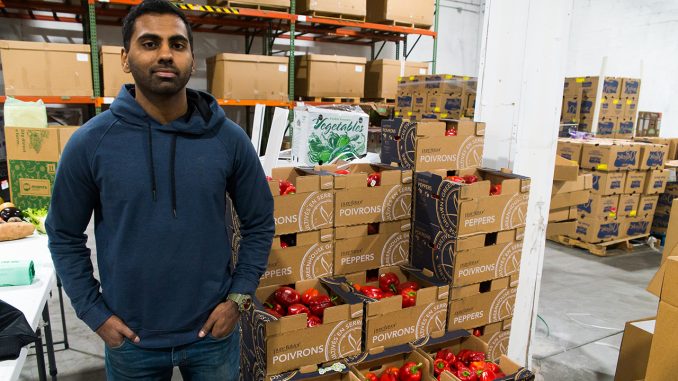
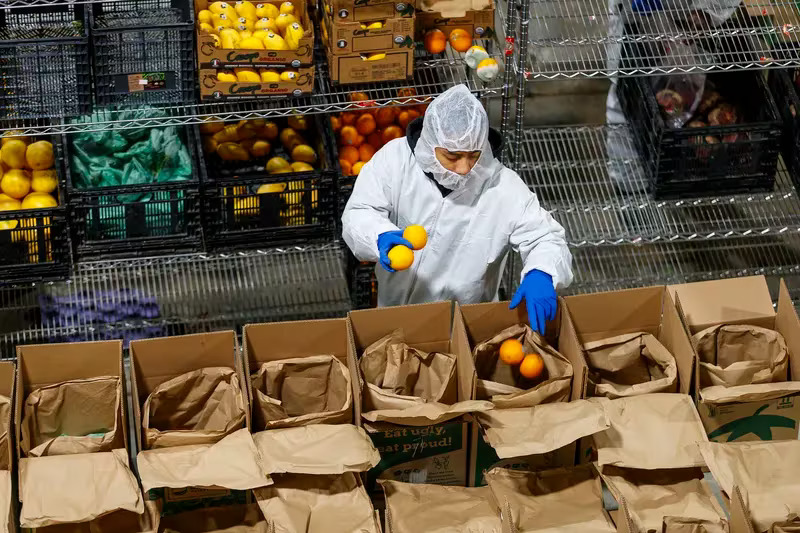


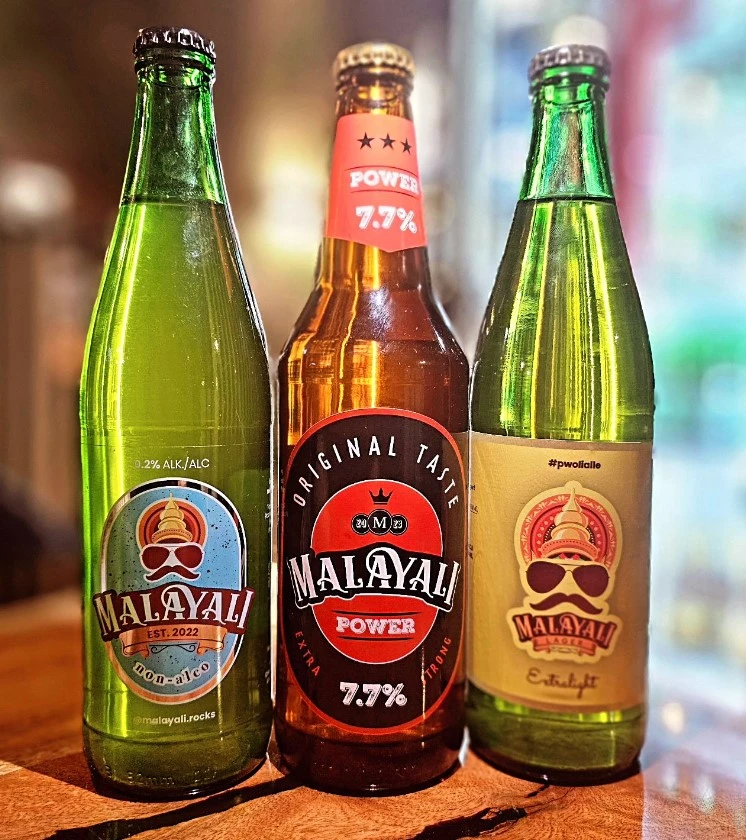
 Malayali lager's logo[/caption]
Malayali lager's logo[/caption]